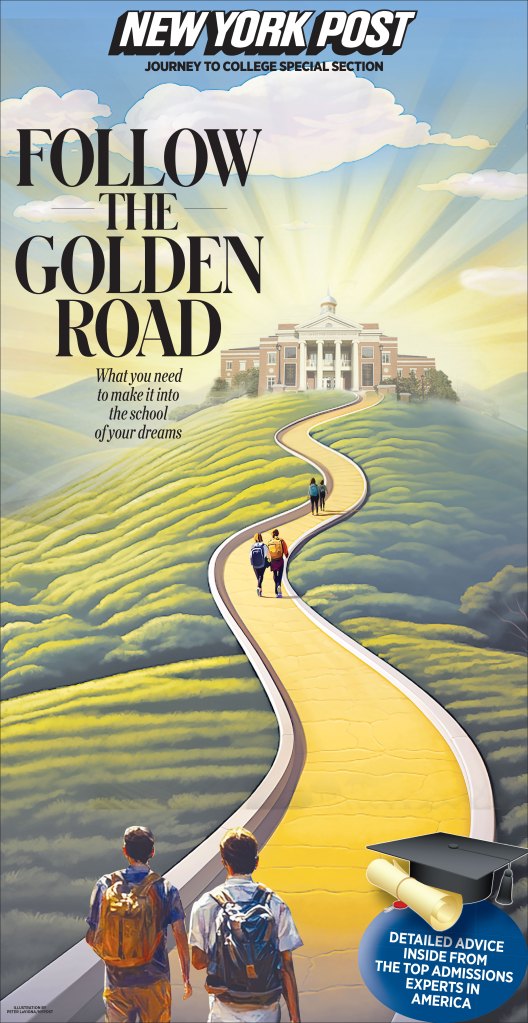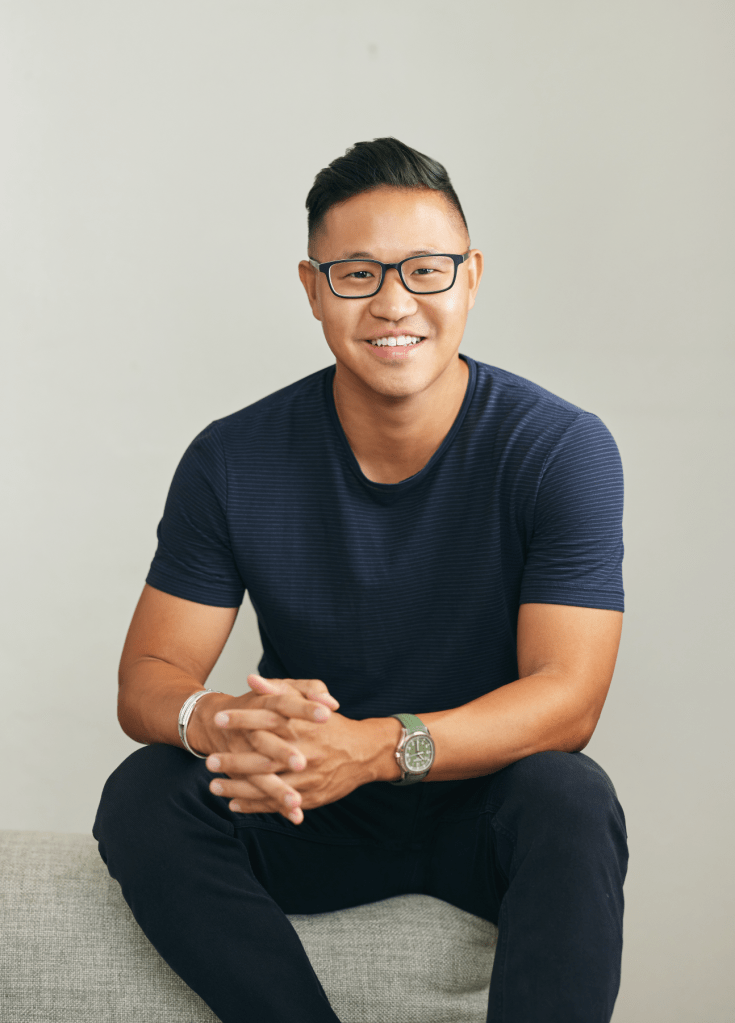
Over the past four years, the Ivy League has endured some serious blows — from revelations of bias during affirmative action hearings to allegations of widespread anti-Semitism and violations of free speech.
Although these schools remain the most prestigious and competitive in the country, the Ivy League’s luster has worn off for many, and some have abandoned their Ivy League dreams altogether. But as these schools face reputational challenges, a new group of elite, private universities has grown steadily more competitive — and more desirable.
The new “Ivies” – including Notre Dame, New York University, Duke, Emory, Rice, Vanderbilt, Northwestern and Washington University in St. Louis – boasts the rigor, selectivity and prestige of the traditional Ivies. In the last decade, these schools have seen an increase in interest from students around the world, and as a result, their acceptance rates have dropped.
For example, in 2013, NYU’s acceptance rate was 35%. That number dropped to 8% in 2024. Likewise, Rice University’s applicant pool has more than doubled in the past ten years, from 15,408 in 2013 to 32,473 in the 2023–24 cycle.
The growing desirability of these schools is reflected not only in their admissions statistics, but also in their rankings—this year, Duke beat out Ivies like UPenn, Cornell, and Brown for No. 6 (tied with Caltech) in the report’s best US News & World Report. College Ranking. With low acceptance rates, top-notch facilities and renowned professors, these schools are no longer backup options to the Ivy League—students and parents now see them as top-tier institutions in their own right.
Despite the fierce competition, parents and students routinely underestimate how difficult it is to gain admission to the junior Ivies. I have seen first-hand students who received an acceptance letter from Princeton only to be rejected by Vanderbilt, or accepted to Yale only to be rejected by the University of Washington St. Louis — and it’s becoming an increasingly common occurrence. Students who want to attend one of these competitive institutions should start earlier than ever to build an outstanding admissions profile.
As a college admissions consultant who has worked privately with families for almost more than a decade, I have helped countless students change their outlook and become one of the few students who earn coveted offers from schools New Ivy League. Based on my extensive work with applicants, there are three main mistakes that cause top students to face rejection at new Ivies. If you aspire to attend one of these elite schools, be sure to avoid these three pitfalls:
Settling for “Easy A” on your transcript
A 4.0 GPA alone won’t impress high school admissions officers—students should take the most challenging courses available at their high school, especially in subjects related to their intended major. It is important to note that colleges evaluate students in the context of their school’s offerings. This means that if their school offers unique AP, IB, or Honors courses, students must take the most rigorous courses offered, seeking to convey a cohesive narrative about their academic abilities and core disciplinary interests through their transcript. Students applying to top schools are competing against a pool of applicants with 4.0 GPAs—while high grades remain the foundation of success, rigorous coursework will set them apart from the crowd in a sea of straight-A students.
Taking a holistic approach to extracurriculars
One of the most common mistakes I see students make is failing to account for the important differences between institutions—many assume that if they build a generally impressive profile and apply to all the New Ivies, one of them is bound to say yes. But taking the approach of “casting a wide net” and assuming that every school on your list will evaluate your application the same way doesn’t increase your chances of getting accepted to one of these schools—in fact, it may decrease it. your chances of acceptance. in any of them. Instead of simply applying to all the New Ivies, do your research to assess which school would be the best fit based on your personality, academic profile, and personal and professional goals. Seniors should carefully emphasize how their extracurricular involvement, courses, and summer plans align with the values of the schools to which they are applying. Younger students should pursue extracurricular involvement consistent with the values of the schools to which they hope to apply in the future.

For example, Notre Dame, given its religious values, wants to see students engaged in meaningful service work. Students hoping to participate should be intentional about looking for ways to contribute to their local community throughout high school and should be diligent in highlighting these activities on their applications. Meanwhile, because Rice offers a more traditional academic environment, the admissions committee will look for evidence of students’ high-level engagement with their academic discipline outside of the classroom. Students considering Rice should especially focus on activities like Science Olympiad or STEM projects that showcase their hands-on experience in their field.
Once you identify a top school that would be a strong fit, be intentional early in your high school career about creating an applicant profile that reflects your unique candidacy for that institution. When it comes time to apply, increase your chances of acceptance by applying Early Decision or Early Action.
Failure to show demonstrated interest in your supplemental essays
Finally, high school admissions officers want to see demonstrated student interest. Successful applications demonstrate that students have extensively researched the institutions and understood their unique cultures and programs. Supplemental essays are a critical opportunity for students to demonstrate this depth of understanding. For example, a student risks undermining his application by focusing on “Why Duke?” essay on their desire to attend a school with a strong sports culture or writing their NYU essay about wanting to live in New York City. These are surface-level qualities, and highlighting them indicates that a student cares more about a school’s “vips” or superficial reputation than its programs and unique points.
Although schools like Duke and Emory are not state schools and therefore do not have to meet certain admissions requirements for in-state applicant performance, based on my experience with students, they tend to prioritize opportunities to raise the profile of academics in their regions. Based on my work with students, those in the Southeast tend to have a slight advantage in the admissions process, while students from California or Montana will need to be more intentional about showing that they have done their research and understand the unique culture of school. .
These new Ivies should be regarded with the same prestige as traditional Ivy League schools—that means students should begin strategizing as early as their high school years to create outstanding applicant profiles that will catch the eye of admissions committees at Vanderbilt, Northwestern and Duke. Avoiding these common mistakes is the first step for students to create impressive and targeted applications to these schools.
Christopher Rim is the founder and CEO of Command Education, an elite college admissions consultancy based in New York..
#Path #top #college #Ivies #fading #elite #schools
Image Source : nypost.com